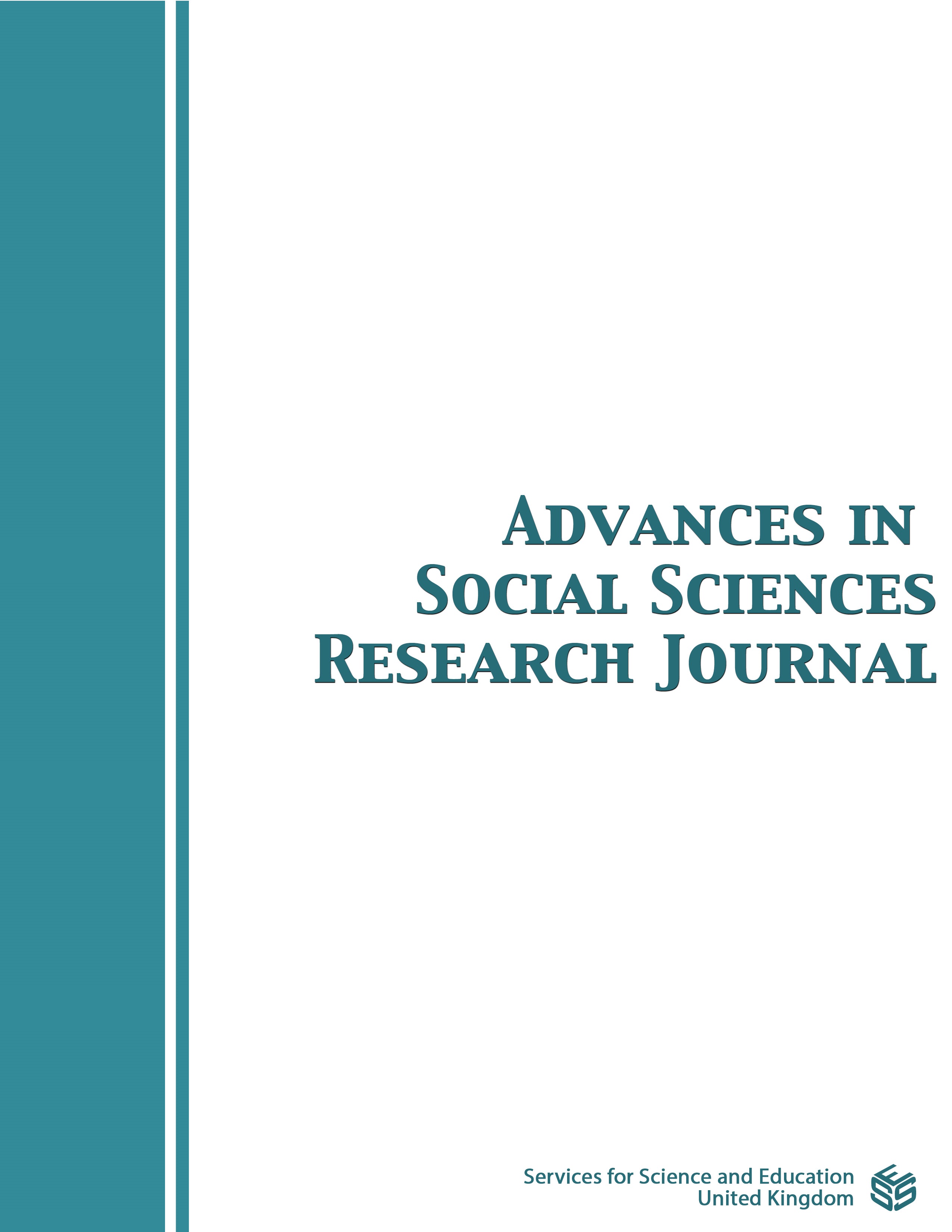The Effectiveness of Radio Talk Shows by UNICEF Ethiopia in Increasing Knowledge and Changing Attitudes and Behaviors Around Child Marriage, Female Genital Mutilation, and Gender Equality
DOI:
https://doi.org/10.14738/assrj.1011.15797Keywords:
Female genital mutilation, child marriage, gender equality, radio talk shows, behavior changeAbstract
Female genital mutilation (FGM), child marriage (CM), and gender inequality are some practices that are discriminatory and abusive to women and deny them the potential to live better and more inclusive lives. UNICEF in collaboration with other partners have initiated radio talk shows (RTS)in SNNP, Oromia, Somali, and Afar regions with the aim of addressing these issues. This evaluation study assessed the effectiveness of these shows on these matters. The study used a cross-sectional survey approach blended with key informant interviews to interrogate the issue at hand. A stratified cluster sampling method was used to identify 458 subjects to participate in the study. The study found that not many people have been reached by the radio talk shows. Those reached had acquired knowledge/enlightenment and attitude change that is positive towards lowering cases of FGM, CM, and gender inequality. The study thus found radio talk shows to be effective in increasing knowledge and attitude that could bring about social behavior change. It was recommended that UNICEF to scale up RTS into unreached areas to expand the reach hence the impact of the shows on FGM, CM, and gender equality.
Downloads
Published
How to Cite
Issue
Section
License
Copyright (c) 2023 Haithar Ahmed, Jolanda Van Westering, Zemzem Shikur, Fikereselam Getinet Terefa, Andinet Challa, Rachana Sharma, Mona Aika, Andrew Brooks, Massimiliano Sani, Nankali Maksud, Harriet Akullu, Joseph Mabirizi

This work is licensed under a Creative Commons Attribution 4.0 International License.
Authors wishing to include figures, tables, or text passages that have already been published elsewhere are required to obtain permission from the copyright owner(s) for both the print and online format and to include evidence that such permission has been granted when submitting their papers. Any material received without such evidence will be assumed to originate from the authors.






